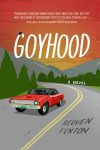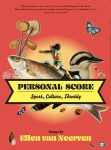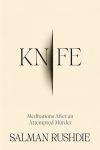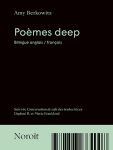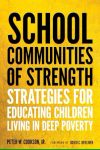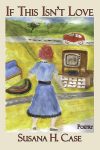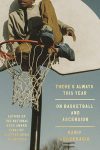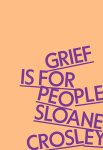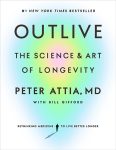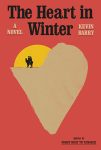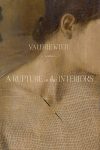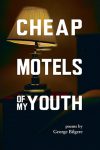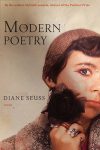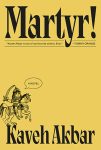
Review by Kevin Brown
Enter Ghost, the title of Hammad’s second novel, refers to the stage directions from Shakespeare’s Hamlet, the ghost of which serves as a metaphor throughout the work. Sonia is a British citizen with Palestinian heritage, working in London as an actor. While her career has never elevated to the top ranks, she has consistently had work. She feels a bit stuck, though, partly due to her career, but also partly due to an affair with a married theatre director, so she leaves England, supposedly to visit her sister Haneen, who lives in Haifa.
While there, she meets Marisa, a friend of her sister and a theatre director, who convinces Sonia to play Gertrude in a production of Hamlet. Sonia, as well as the other characters, are haunted by a number of ghosts from their past. There are the personal ghosts—such as Sonia’s affair—the breakdown of Sonia and Haneen’s family, and Sonia’s career.
However, the most significant ghost is the Palestinian past that has led to the current conflict between Israel and the Palestinian Authority. Throughout the novel, Haneen and Sonia refer back to their father’s involvement in anti-Israel activities, and it’s a visit to the West Bank that has led Haneen to live in Israel, as opposed to London, where her father and sister live.
The Israeli government and army are constantly watching the play to see if it contains anti-Israeli ideas, leading to the real possibility that they could shut down the performance. Sonia ultimately learns more about herself, her family, and Palestine, but she also finds true community through the production, as Hammad reminds readers of the power of art, even in the midst of war and suffering.
Enter Ghost by Isabella Hammad. Grove Atlantic, April 2024.
Reviewer bio: Kevin Brown has published three books of poetry: Liturgical Calendar: Poems (Wipf and Stock); A Lexicon of Lost Words (winner of the Violet Reed Haas Prize for Poetry, Snake Nation Press); and Exit Lines (Plain View Press). He also has a memoir, Another Way: Finding Faith, Then Finding It Again, and a book of scholarship, They Love to Tell the Stories: Five Contemporary Novelists Take on the Gospels. Twitter @kevinbrownwrites





















